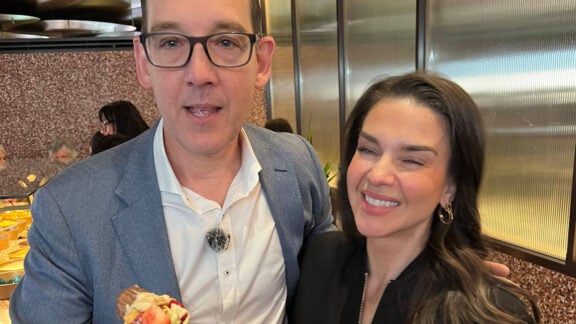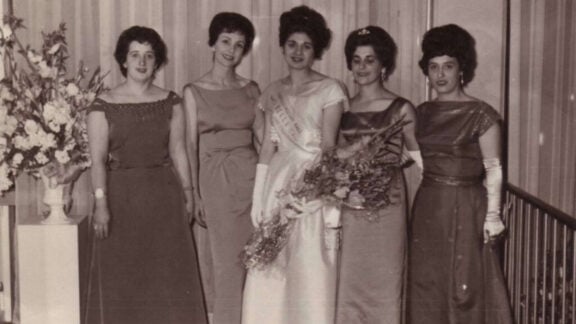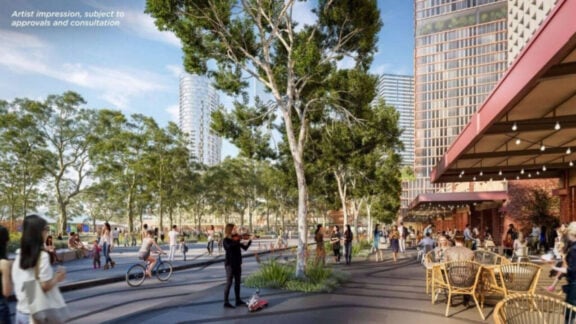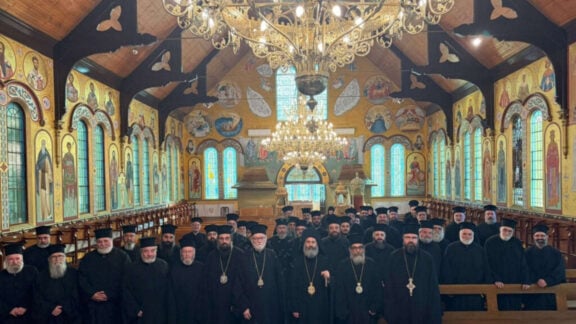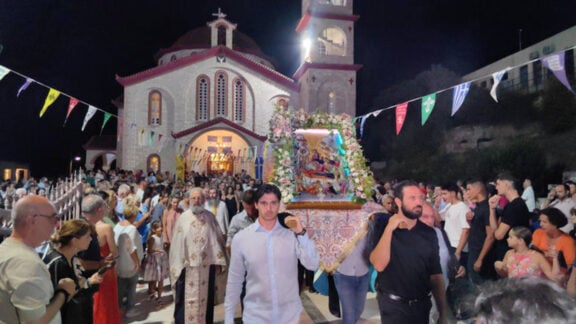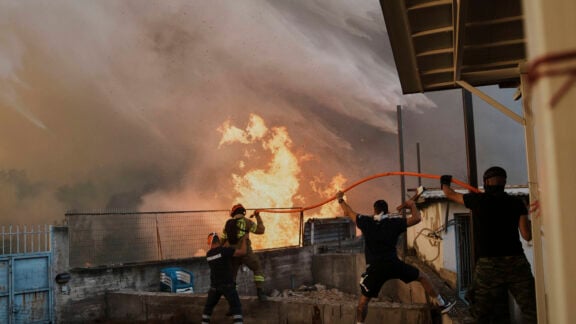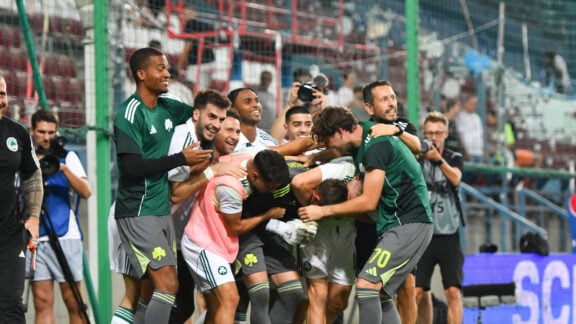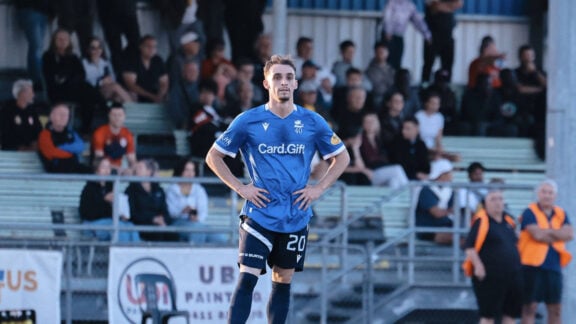On the eve of the Greek Community of New South Wales’ (GOCNSW) vote to accept a new formal agreement with the Greek Orthodox Archdiocese, president Harry Danalis told Neos Kosmos this week, that the time had come for “common sense” to rein.
On 3 July, an extraordinary general meeting of GOCNSW will take place in the Sydney suburb of Lakemba. At that meeting Danalis will ask the 2600 GOCNSW members to back a new agreement in order to bridge the long-standing divide between the community and the Archdiocese. A turn out of between 500 and 650 is expected at the crucial meeting, and the president is optimistic that the agreement will be approved. “There will be sufficient votes to pass the memorandum that only requires a simple majority.
The other special resolution requires 75 per cent of those present and voting,” said the president whose message to the voters is unequivocal. “This agreement resolves all the issues. All this time our celebrations, baptisms and marriages have been ecclesiastically not recognised. This agreement recognises our churches, our priests, our baptisms and marriages, and makes sure we have joint celebrations for 25 March and other Greek events; it’s time it happened.” Some, however, still remain opposed. Stratos Mavrantonis, a long-standing member of GOCNSW says he will not vote for the agreement. “I don’t think the Archdiocese is being fair dinkum about having an honest agreement with the community. They want to strip the communities of all authority and power and establish a monopoly, and that’s what we’re against. It happened in the United States and Canada and other countries where there are Greek churches,” said Mr Mavrantonis, a former secretary of GOCMV, who has been a member since 1959.
“The language [in the agreement] is an expression of the feelings and the thinking of the Archdiocese,” maintains Mavrantonis. “It seems to me they accepted, without much resistance, whatever the Archdiocese put over them – the agreement is written in such a way that the archdiocese takes everything, and it doesn’t give anything.” Danalis refuted such criticisms, saying the processes of consultation with the community and that negotiations with the Archdiocese, had in no way been flawed.
“A negotiation process is just that. Once you obtain a document that the negotiating committee considers is reasonable, we present it to the executive. They made changes and it was presented to the committee; they had input into proposing changes. There wasn’t a vast consultation of thousands of people throughout the community going from shop to shop, but I think it was fairly democratic.” GOCMV’s president said the minority who opposed the agreement “believe we should never have an agreement with the Archdiocese, because by doing that, we become part of the establishment and that the community loses its independence”. However, he added that any members concerned on that issue should read the detail of Article 1 in the operative part of the agreement, which confirms that “the administrative and economic independence [of GOCMV] is not challenged”. The president added that what defines “the minority that is holding out, is that they’ve been around for a long time”.
“They are the ones that opposed the 1992 Athens agreement. They are the ones that wanted to go with the old calendar.” Mr Danalis told Neos Kosmos that the implications for the future were bleak if the membership did not back the agreement. “If it’s not accepted we have no ecclesiastical head. We’ve got no one to look to for priests, and we will have to go back to the independent church, which everyone agrees is not an answer. We’ve got nowhere else to go.”
